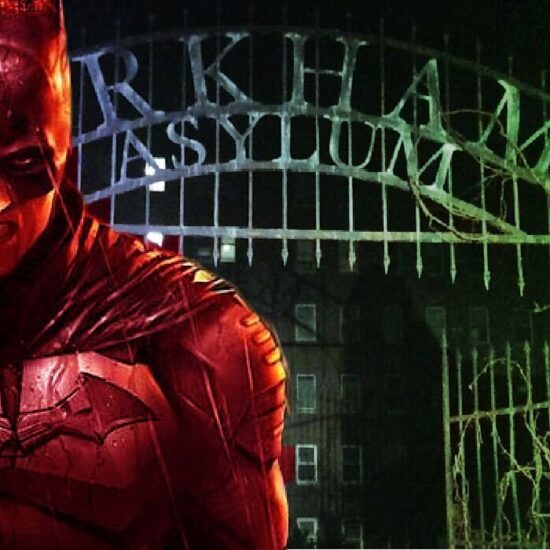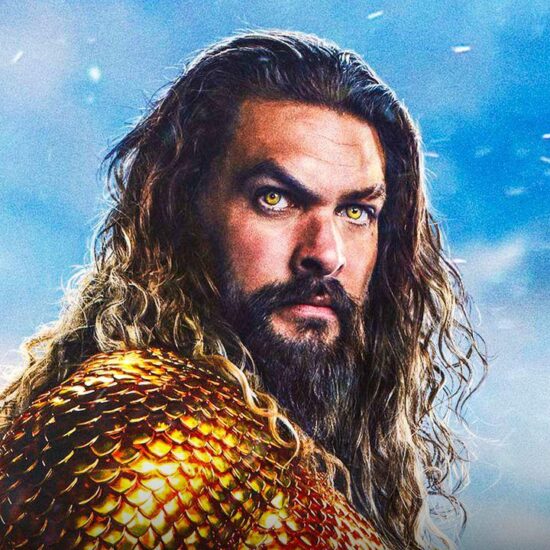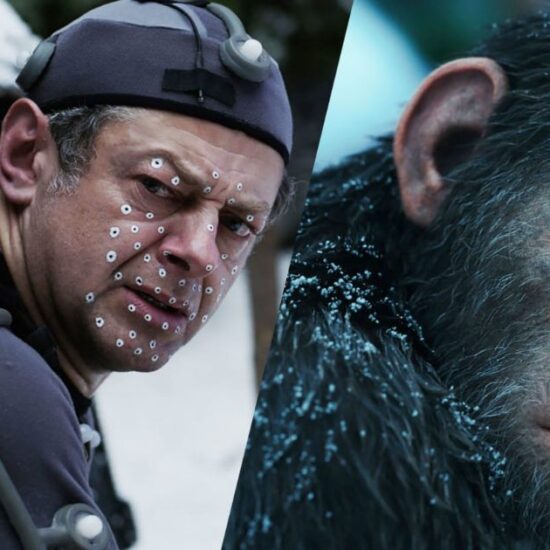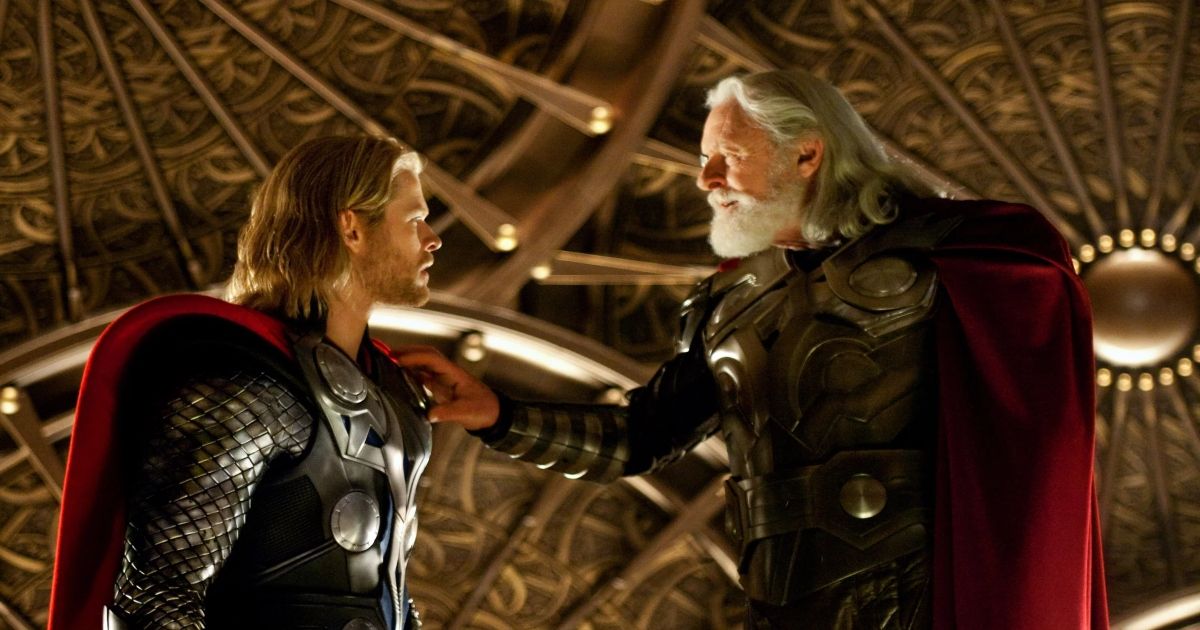
The Marvel Cinematic Universe has always been full of powerful supervillains and superheroes. With aliens, androids, and wizards, the MCU has proved time and again that it is a large place. Yet, regardless of how many new characters have been introduced, they never came anywhere near a god’s level of power. This seems to be changing, as Phase Four of the MCU has prominently featured higher beings, more so than any phase of the Infinity Saga.
Update September 5, 2023: This article has been updated to reflect recent changes within the MCU.
Loki introduced the Time Variance Authority (TVA) that existed outside of space and time, but the TVA was still comprised of human beings who did not have any superpowers. The MCU has gods that are immortal, standing over any Avenger, Master of the Mystic Arts, or Guardian of the Galaxy. Here are the gods that have been featured in the Marvel Cinematic Universe thus far.
Asgardians
First inhabiting Asgard in another of the Nine Realms, the Asgardians moved to Earth following their original home’s destruction. The Asgardians impressed the Norse people with their abilities and shared with them their language and culture. This led to the Asgardians being worshiped as gods. However, while Asgardians possessed magic and advanced technology, they were more like aliens who looked human than actual gods.
Odin, the former king of Asgard, even said that Asgardians are not gods in Thor: The Dark World. He told Loki that Asgardians live and die “just as humans do.” The Asgardians were never immortal as, while they can live thousands of years, they still have a finite lifespan. Thor as the “God of Thunder” and Hela as the “Goddess of Death” were both more fancy titles than official positions. Yet their existence, and Thor being a prominent Avenger, has made people in the MCU rethink how the universe works.
Khonshu and the Egyptian Gods
Moon Knight has a direct connection with Khonshu, the Egyptian God of the Moon and the Night Sky. Khonshu was a former member of the Ennead Council, a group led by Osiris that included Hathor, Horus, Isis, and Tefnut. Unwilling to leave humanity to its own devices, Khonshu was banished for getting overly involved with human affairs. He called upon Marc Spector to be a Moon Knight, his “fist of vengeance.”
The Egyptian Gods (Ennead) were shown in Moon Knight to be just as capable of infighting as human beings. Khonshu directly opposed and battled against Ammit, who killed anyone she believed would one day commit evil. Ennead did not appear to be invincible, as Ammit was imprisoned and seemingly died inside Arthur Harrow’s body. The people of Wakanda worshipped the Ennead, crediting the Egyptian goddess, Bast, with leading the first Black Panther to the Heart-Shaped Herb. The Goddess Bast was also seen in Thor: Love and Thunder.
Olympians
Thor: Love and Thunder introduced a whole new pantheon into the MCU: the Greek Gods. While Eternals like Thena share a name similar to the Greek goddess Athena, it appears the two live alongside one another. Thor: Love and Thunder featured Zeus (played by Russell Crowe), who resides in Omnipotence City, the world of the gods. Zeus appears to be the most powerful of the gods and is the one whom the others listen to. The film’s end-credit scene also showed Hercules (Brett Goldstein) setting up his role in the MCU.
All the Gods Appearing in Thor: Love and Thunder
Thor: Love and Thunder, a movie based around a villain known as Gorr the God Butcher, featured a whole host of gods and goddesses in the MCU. Various culture’s gods are glimpsed in the film, including Rapu, an egotistical God who is killed by Gorr after he does not answer his prayers.
When Thor and the gang reach the Council of Godheads to ask for their help, the scene depicts a plethora of gods that excites the fans. These included Gods like Bast, Dionysus, Minerva, Artemis, an unnamed Goddess of Death, a Kronan god, and even Bao- the god of dumplings.
Talokan Gods
Even though he is technically not a God in the movie Black Panther: Wakanda Forever, Namor, the king of the Talokan, is referred to as K’uk’ulkan, or the Feathered Serpent God, by both his people and also by M’baku. He is a mighty powerful being who rules his people underwater as they have all gone through mutation, which gave them blue skin and gills that stop them from breathing on the surface. Namor, unlike the other Talokanil people, does not have blue skin, making him even more deity-like in the eyes of his people.
K’uk’ulkan is actually a Mesoamerican deity referred to as the Serpent God who was worshiped by the Yucatec Mayans. Interestingly enough, a lot of fans think that the actual K’uk’ulkan appeared in a scene in Thor: Love and Thunder. Fans are excited about what this could bring to the franchise in the future. The film also reveals the Mayan god Chaac, who is the god of rain and abundance, guided Namor’s tribe to the heart-shaped herb that would allow them to breathe underwater. This means that the Mayan pantheon exists within the MCU.
The High Evolutionary
The High Evolutionary is not a god in the traditional sense, yet due to him being the creator of a variety of alien races, including the Sovereign, there are many corners of the galaxy that worship him as a god. He seems to have a god complex as he doesn’t believe there is a god, which is why he stepped in. He was constantly looking to create the world in his own twisted image at the cost of many lives.
Uatu the Watcher
Omniscience has been commonly associated with gods, and that trait has been best represented in the MCU with the Watchers. The Watchers were briefly seen in Guardians of the Galaxy Vol. 2 when Rocket and Kraglin jumped between planets, as well as in the final post-credits scene of the film. A Watcher named Uatu was also featured in the animated series What If…? From his place in the Nexus of All Realities, Uatu watched events unfold across the Multiverse.
All Watchers had to swear to an oath that prevented them from interfering with any events. Uatu, however, was unable to abide by the oath when an alternate-reality Ultron controlled all the Infinity Stones and threatened the Multiverse. The Watcher called upon heroes from different realities to stop Ultron, forming the Guardians of the Multiverse. The team included a version of Captain Carter, King Killmonger, Doctor Strange Supreme, T’Challa Star-Lord, Party Thor, an alternate Gamora, and a post-apocalyptic Black Widow.
Arishem and the Celestials
Eternals was not the most positively-received MCU movie, but it was massive in terms of scale. From the beginning of the film, the opening text dives into themes of life and creation. The Celestials were revealed to have existed before the Infinity Stones and the “dawn of creation.” It was the Celestial Arishem, per Polygon, that created the sun and brought “light to the universe.” He used the World Forge to create life, which included the Eternals and Deviants, as well as a repository for storing memories.
As Celestials were around even before the Big Bang, this makes the Celestials the oldest race in the MCU. They were capable of creating and manipulating life, planets, and stars. Eternals revealed that planets across the cosmos were seeded with Celestials that would rise during an Emergence. Arishem created the Eternals and the Deviants for the specific purpose of the birth of a Celestial. However, Arishem’s creations proved to be capable of free will as both Eternals and Deviants disobeyed Arishem’s orders. The defiance did not go over well with Arishem, who announced that he would return to judge whether humans were worthy of living. It is hard to ague that the Celestials are certainly the gods of creation in the MCU.







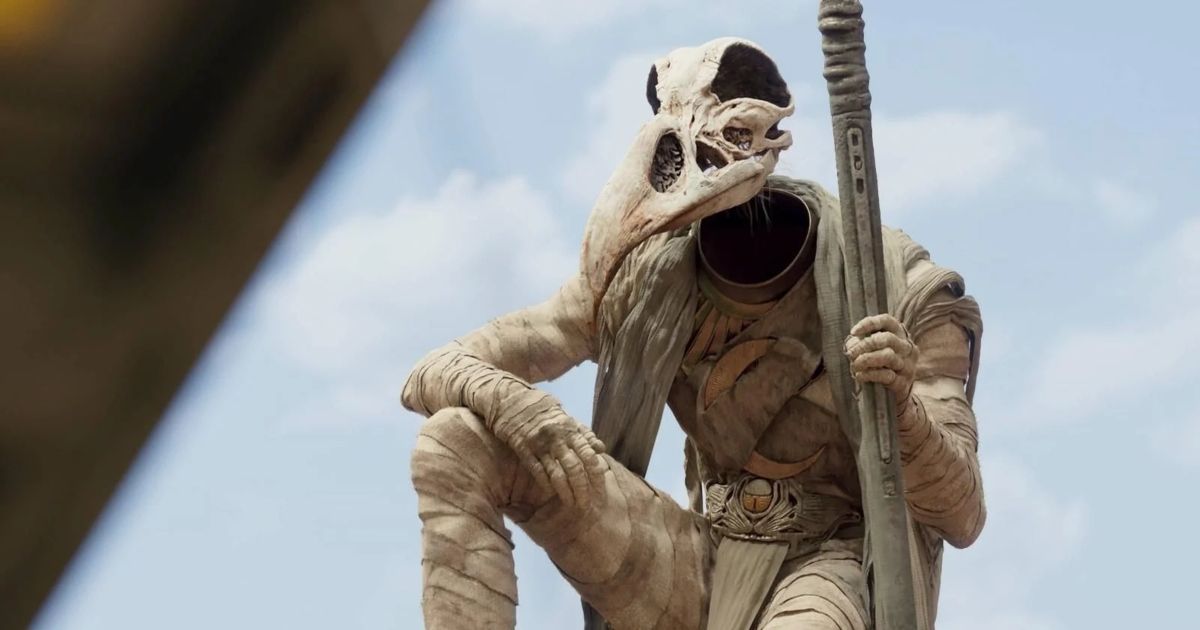
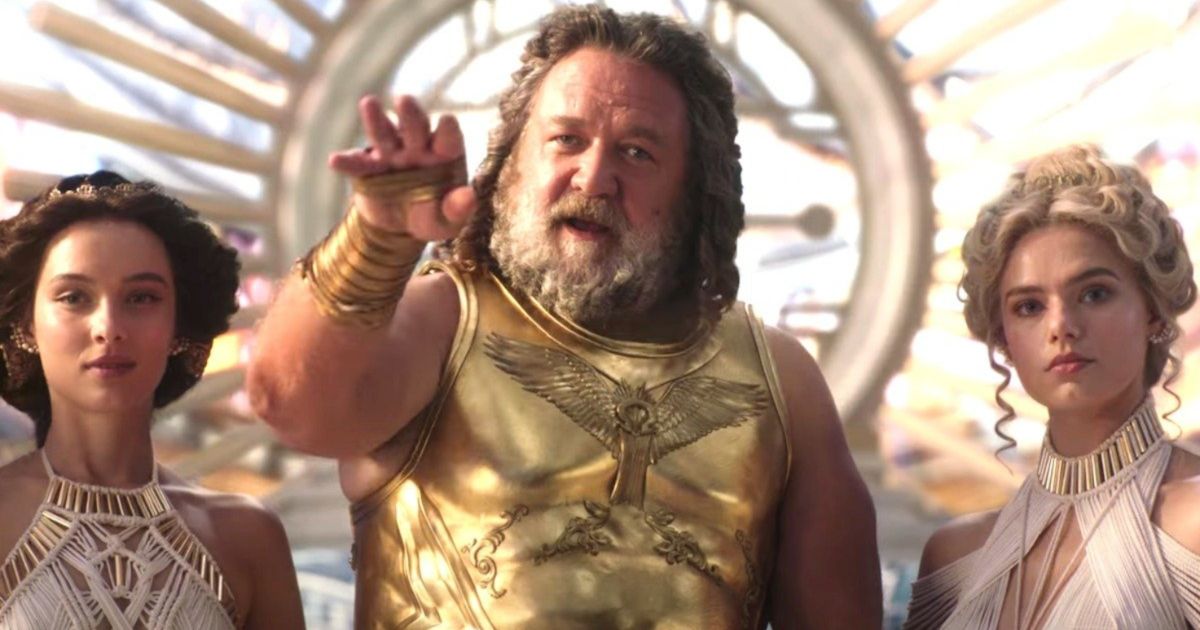
.jpg)
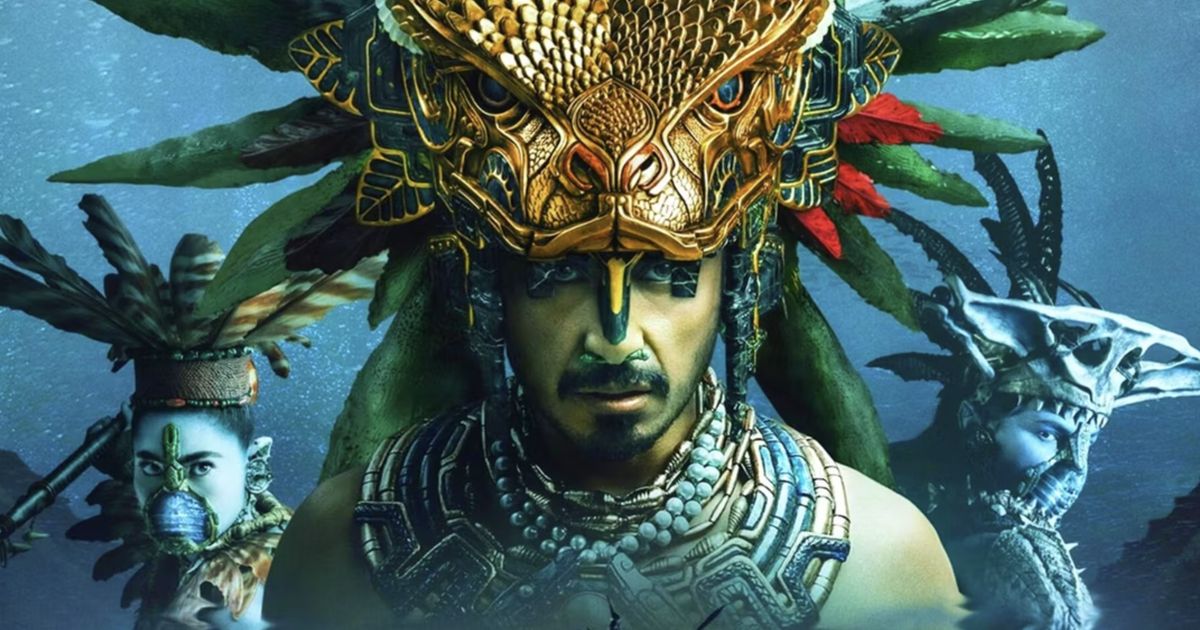
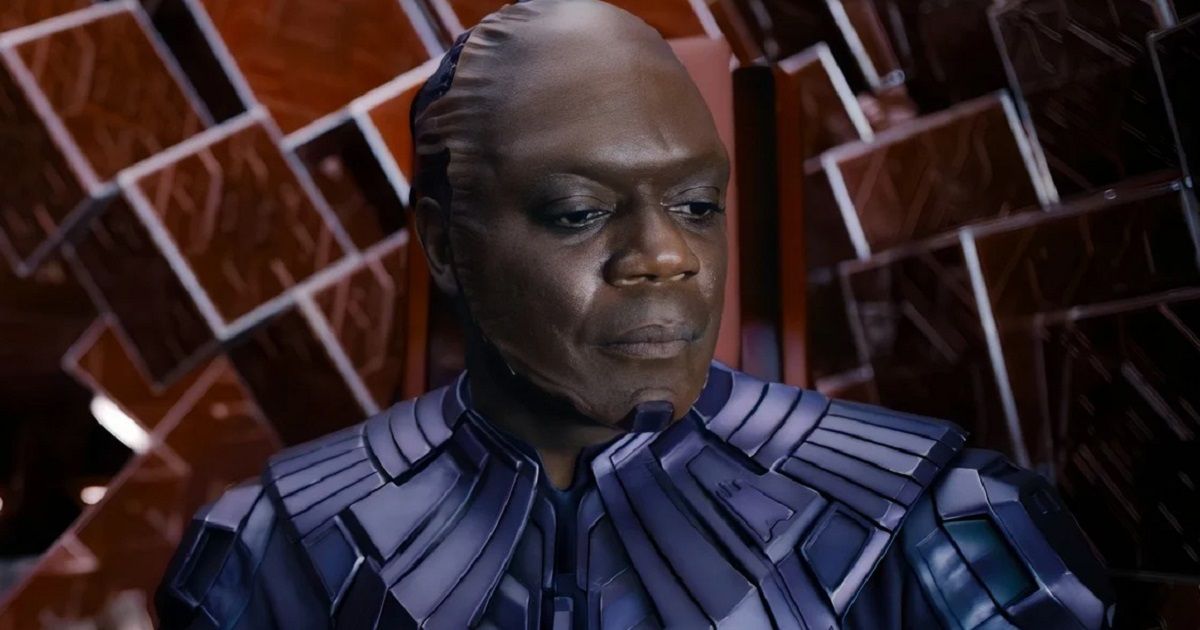
.jpg)
.jpg)




